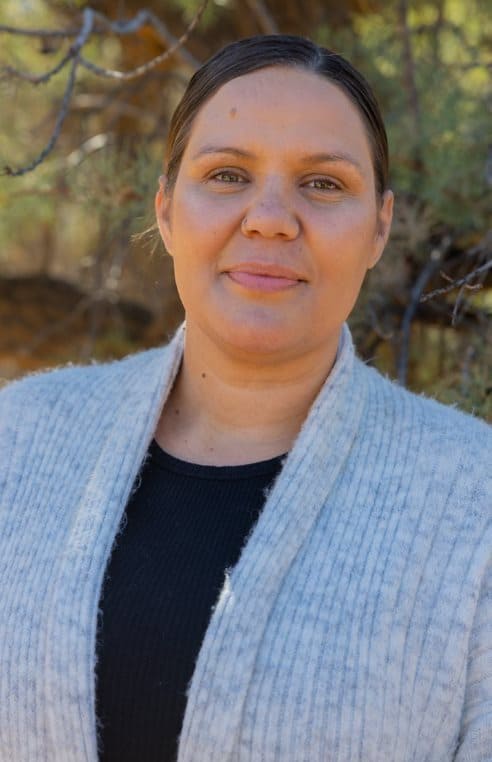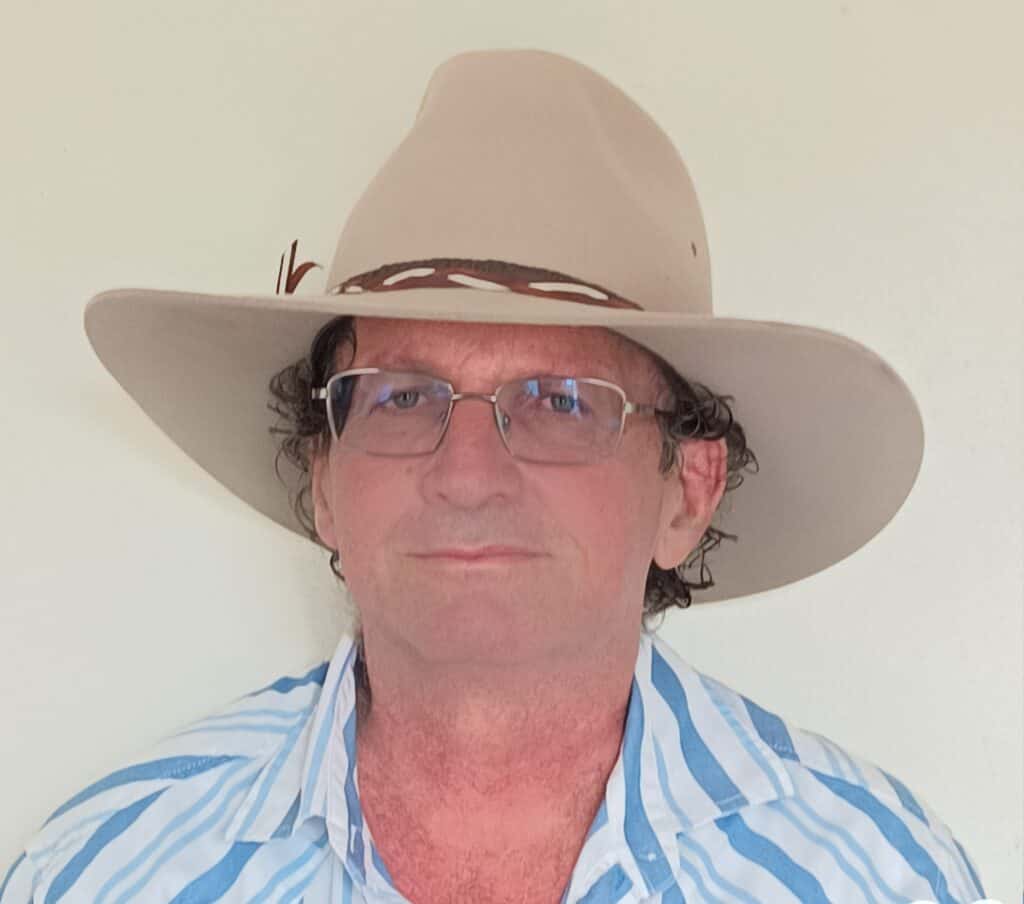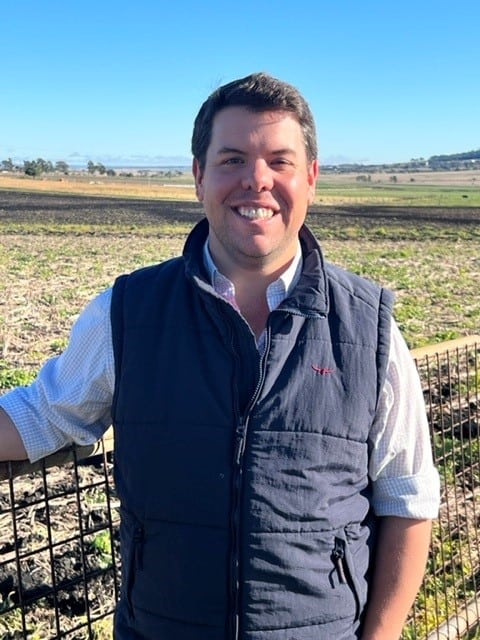With deep community connections in Mparntwe/Alice Springs, Tania Kells uses three main tools to uplift her community: education, access, and compassion.
Tania Kells’ ancestors—the Wakka Wakka People—are Native Title Holders and custodians of lands in North-East Queensland. But Tania was born and raised on Arrernte country.
As a Connect Officer for the Northern Territory Indigenous Business Network, Tania is passionate about Blak businesses. The NTIBN provides support, free resources, mentoring, and training to support Indigenous businesses across the Territory. Tania is also a mother of three children, and is heavily involved in netball development squads. She loves her community and eagerly works across cultures to bring about much-needed change.
As a fair-skinned Aboriginal woman, Tania is very clear about the fact she ‘walks in two worlds’. She fiercely believes in the power of education and expends a lot of energy sharing culture, tradition, and customs.
‘There are a lot of locals and people who come from interstate who don’t understand the Arrernte way of life, culture, lore, and practices,’ she says. But it’s more than that. ‘I help our mob understand Australian culture and business practices, too. Like—for us to get ahead in life, we need to make money. We need to understand how the system works’.
Education
Tania is open about how exhausting this work can be. And with Alice Springs in the midst of a highly publicised crime crisis, the depth of cultural misunderstanding sometimes feels overwhelming. For an Aboriginal woman with a profile in the community, there have been challenges. ‘There is racism,’ she says. ‘I would love to think we live in a world where we didn’t have to face this stuff, but [the racism] really smacked me in the face. It’s quite upsetting’.
Thanks to a divisive Facebook community, Alice Springs is making national headlines for all the wrong reasons. The page claims to highlight crime and anti-social behaviour, but fellow LARC participant Cassie Arnold doesn’t pull any punches. ‘It’s an Aboriginal-focused crime page,’ Cassie says.
The platform is full of photos and videos of Aboriginal people—obtained and posted without context or consent. And a swag of racist, vitriolic comments accompany each post. Tania is disgusted. And she’s also concerned about the assumptions many community members are making.
‘I want to say to them—stop thinking you know these kids. Every child has individual needs and circumstances’.
Compassion
Tania’s work as a community leader is ‘to be an advocate for our people,’ and she knows how difficult it is for children and families coping with serious health conditions without support.
When Tania applied for the LARC program, she was already well connected in her community. But she found the dedicated time to collaborate extremely valuable. ‘The best thing for us was we all had different backgrounds and we just merged,’ she says. With many individuals and groups working to amplify voices and perspectives, Tania left the Future Forum energised. ‘Having a strong network in Alice Springs helps all of us. We had a consensus. We weren’t at odds’.
Tania loved the chance to have straightforward conversations with other local leaders who care about the same things she does. The program sparked her group’s focus on documenting the real needs in the community—and raising the profile of local services for children and young people. Tania’s team plans to canvas stakeholders with two surveys—one for children and youth, and one for parents and guardians.
For Tania, a more resilient community in Alice Springs starts with properly supporting children and young people. With a nationwide crisis in paediatrician wait times across the country, the Royal Australasian College of Physicians is pushing for reforms. But in the meantime, many paediatricians have closed their books because they’re being inundated with complex cases.
‘We’re working to find out what support families need, so we can deliver the information to child and youth service providers,’ Tania says. ‘And then we’ll use the information to educate families about what’s available’.
Tania and her colleagues in the NT have their work cut out for them. Their challenges are numerous and it feels like there aren’t enough resources to go around. But the connections they’ve found in the LARC program are rejuvenating. ‘We work collaboratively and we try to do a lot of education,’ she says. ‘When we have a clear idea of what people need, we can mobilise and work towards finding the best solutions.”








